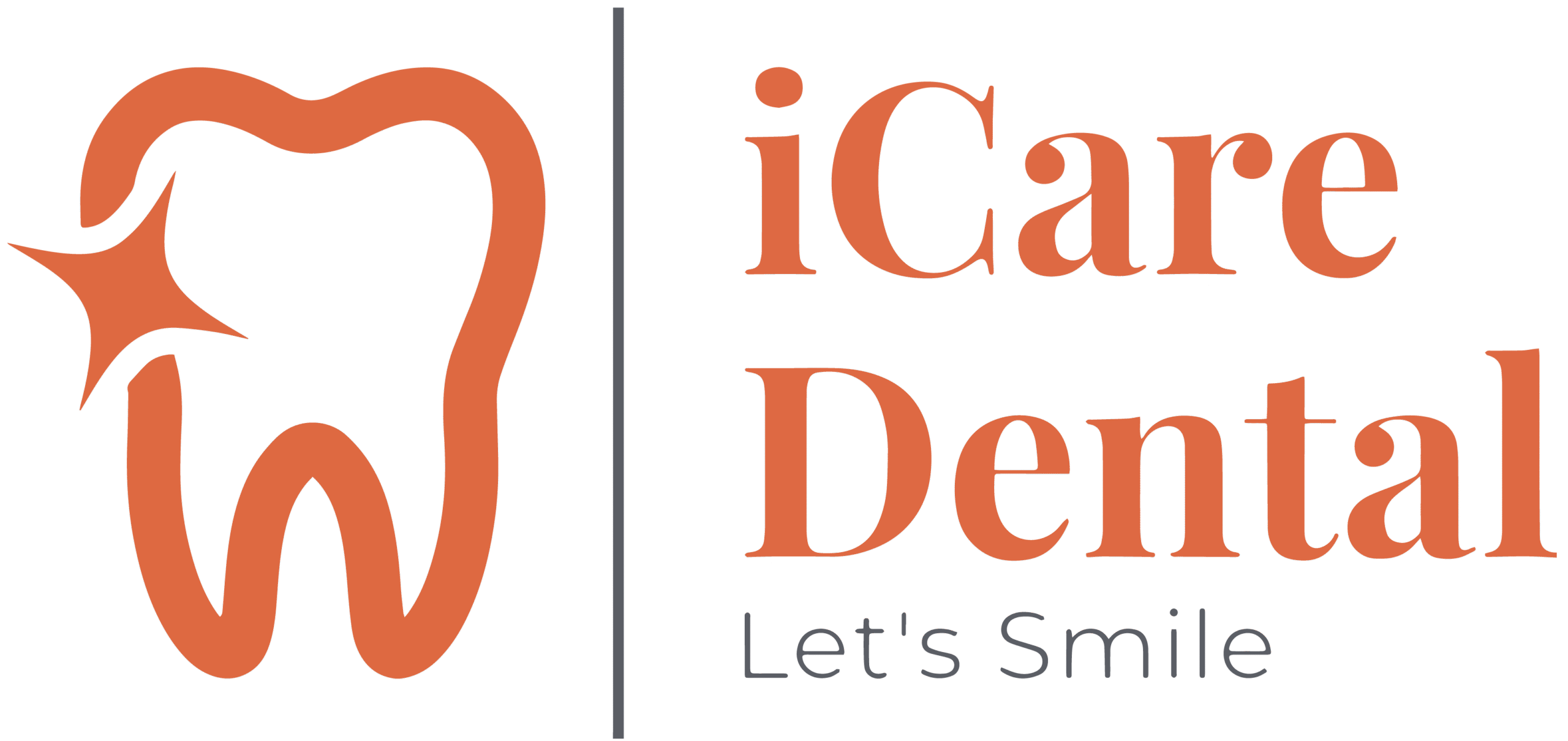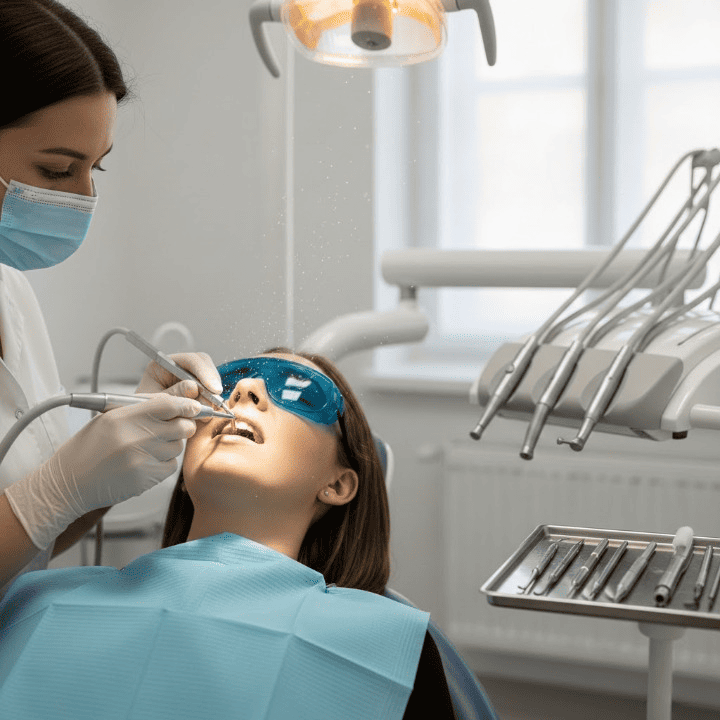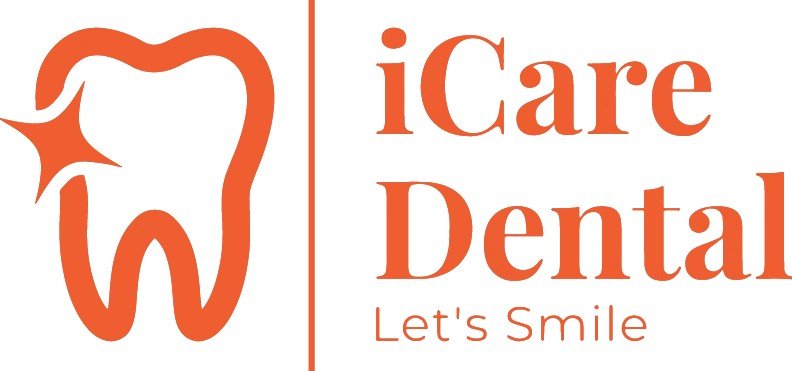Cavities are one of the most common dental issues, yet they are largely preventable with proper care. Whether you’re looking to maintain healthy teeth or want to know how to avoid those painful trips to the dentist, the good news is that prevention is easier than you think. In this blog, we’ll share essential tips from some of London’s best dentists on how to prevent cavities and keep your smile shining bright.
What Causes Cavities?
Before we dive into the prevention tips, it’s important to understand what causes cavities in the first place. Cavities form when plaque – a sticky film of bacteria – builds up on your teeth. These bacteria feed on sugars and produce acids that attack the tooth enamel, eventually leading to tooth decay. If left untreated, this can cause painful cavities that may require fillings or even root canals.
Several factors contribute to cavities, including:
- Plaque builds up due to poor oral hygiene practices, such as inadequate brushing and flossing.
- Consumption of sugary foods and beverages Sugar provides fuel for the bacteria responsible for tooth decay.
- Saliva neutralizes acids and helps wash food particles away. Cavities become more likely when saliva production is reduced.
- The shape of a person’s teeth and their family history make them more likely to get cavities.
Now that we’ve covered the basics of what causes cavities, let’s look at how you can actively prevent them.
1. Brush Your Teeth Twice a Day with Fluoride Toothpaste
Brushing your teeth properly is the first line of defense against cavities. The American Dental Association (ADA) recommends brushing twice a day with fluoride toothpaste. Fluoride strengthens tooth enamel, making it more resistant to acid attacks from plaque and sugar. Ensure you’re brushing for at least two minutes and that you’re using a soft-bristled toothbrush to avoid damaging your gums or enamel.
Don’t forget to brush your tongue and the roof of your mouth to remove bacteria from those areas as well.
2. Floss Daily to Remove Plaque Between Your Teeth
While brushing is essential, it doesn’t reach every nook and cranny of your mouth. Flossing is the only way to clean between your teeth and under the gum line, where plaque tends to build up and form cavities. Make flossing a part of your daily routine to remove food particles and bacteria from areas your toothbrush can’t reach.
If you find traditional flossing difficult, consider using an interdental brush or water flosser, which can be easier for some people to use.
3. Limit Sugary and Acidic Foods and Drinks
Diet plays a major role in cavity prevention. Sugary foods and drinks fuel the bacteria in your mouth, leading to acid production and eventual tooth decay. Acidic foods, such as citrus fruits and fizzy drinks, can also erode tooth enamel over time.
Try to limit sugary snacks and drinks, such as soda, sweets, and pastries. If you do indulge, make sure to brush your teeth soon after or rinse your mouth with water to neutralise the acids.
Opt for teeth-friendly snacks such as cheese, nuts, and vegetables. These help stimulate saliva production, which helps protect your teeth from cavities.
4. Visit Your Dentist Regularly for Check-ups and Cleanings
Regular dental visits are crucial for cavity prevention. Dentists in London recommend scheduling a check-up every six months. During these appointments, your dentist will thoroughly clean your teeth, removing plaque and tartar that can’t be removed with brushing and flossing alone.
Regular check-ups also allow your dentist to spot early signs of cavities, gum disease, or other issues, so they can be treated before they become more serious problems. This proactive approach can save you time, money, and pain in the long run.
5. Drink Plenty of Water
Drinking water is essential for maintaining good oral health. It helps rinse away food particles and neutralise acids in the mouth. Additionally, water promotes saliva production, which is crucial for keeping your teeth clean and free from harmful bacteria.
If you’re unable to brush immediately after a meal, drinking a glass of water can help wash away any lingering food particles and sugars. If you live in an area with fluoridated water, drinking tap water can also provide an additional protective benefit for your teeth.
6. Use Dental Sealants
Dental sealants are thin, plastic coatings applied to the chewing surfaces of your back teeth (molars). These areas are prone to cavities due to their grooves and pits, which can trap food and bacteria. Sealants act as a barrier, preventing plaque from accumulating in these hard-to-reach areas.
Dental sealants are especially useful for children and teenagers, but adults can benefit from them as well, particularly if they are prone to cavities or have deep grooves in their teeth.
7. Quit Smoking or Using Tobacco Products
Tobacco products increase the risk of gum disease, tooth decay, and even oral cancer. Smoking and chewing tobacco contribute to dry mouth and plaque buildup, both of which can lead to cavities. Quitting smoking can improve your overall oral health and reduce your risk of cavities and other serious dental conditions.
Conclusion
Preventing cavities doesn’t have to be complicated. With the right habits, such as brushing and flossing regularly, limiting sugary foods, and visiting your dentist for regular check-ups, you can keep your teeth healthy and cavity-free. By following these expert tips, you’ll ensure your smile stays bright and beautiful for years to come.
FAQs
1. Can cavities develop in children’s teeth even if they are baby teeth?
Yes, cavities can develop in baby teeth. While they are eventually replaced by adult teeth, early dental care is important to avoid pain, infection, or issues that could affect permanent teeth later on.
2. Is it better to brush my teeth before or after breakfast?
It’s generally recommended to brush your teeth before breakfast. Brushing before eating helps remove overnight plaque buildup, and it’s better to avoid brushing immediately after eating acidic foods to prevent enamel wear.
3. Can chewing gum help prevent cavities?
Yes, chewing sugar-free gum can stimulate saliva production, which helps wash away food particles and neutralise acids in the mouth, ultimately helping to prevent cavities.4. Are there any natural remedies to prevent cavities?
While brushing with fluoride toothpaste and regular dental visits are the most effective ways to prevent cavities, some natural remedies, such as oil pulling (swishing coconut oil in the mouth), may help improve oral health by reducing bacteria. However, they should not replace professional dental care.






